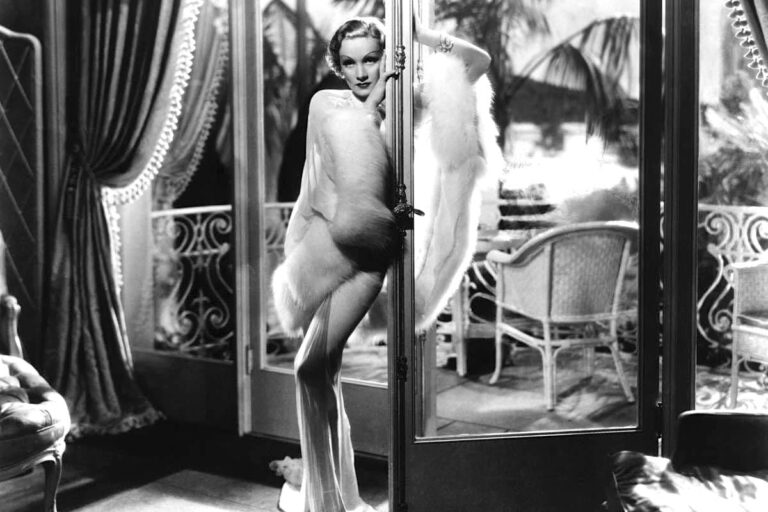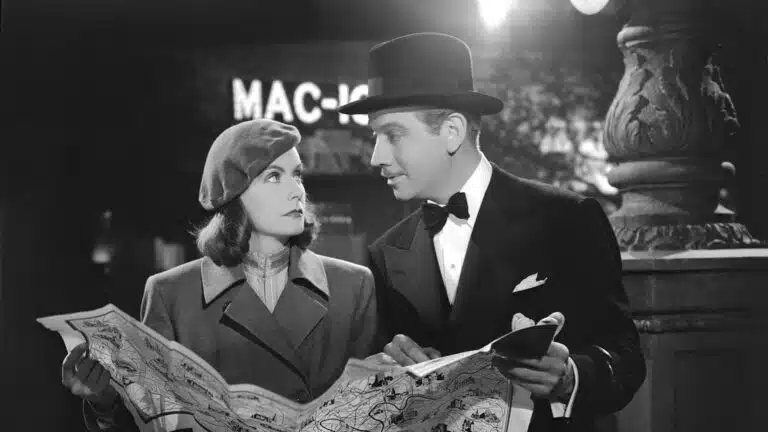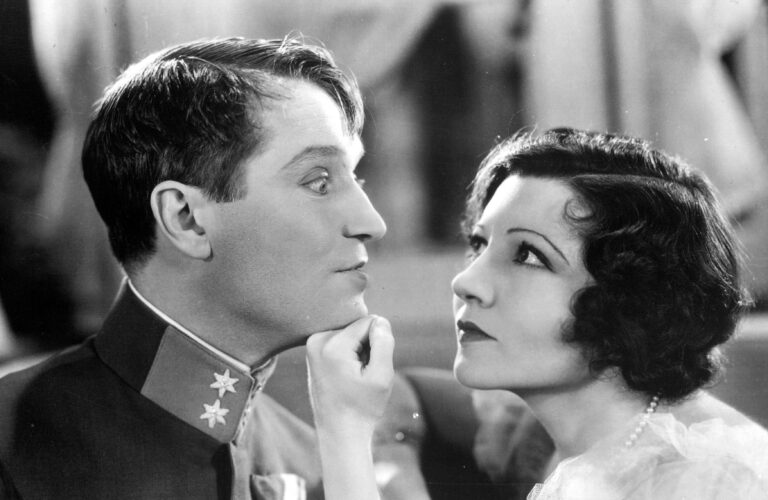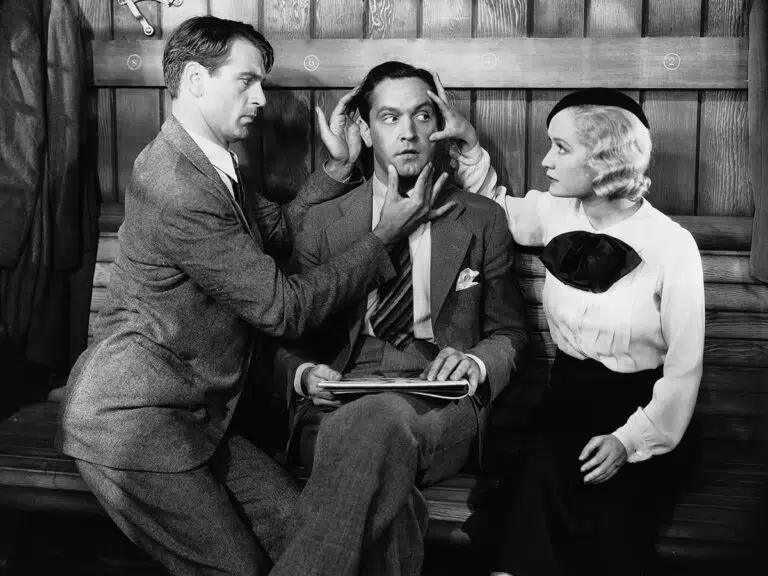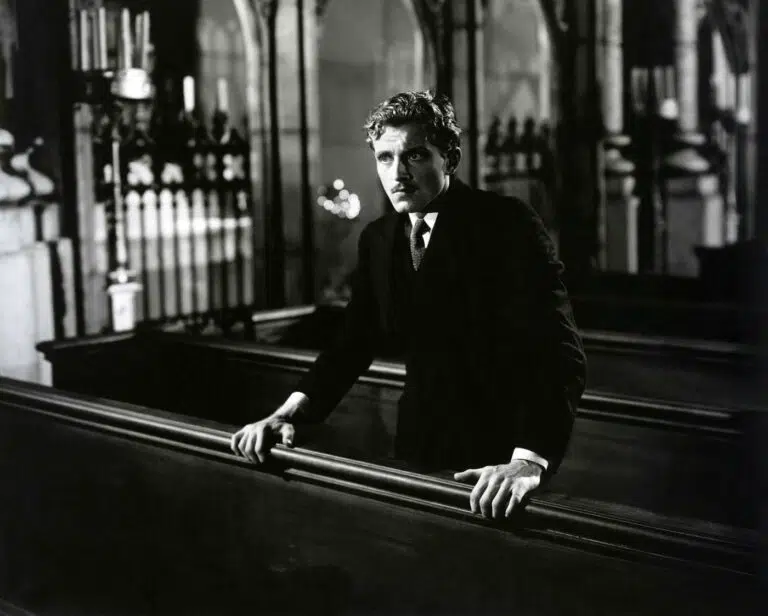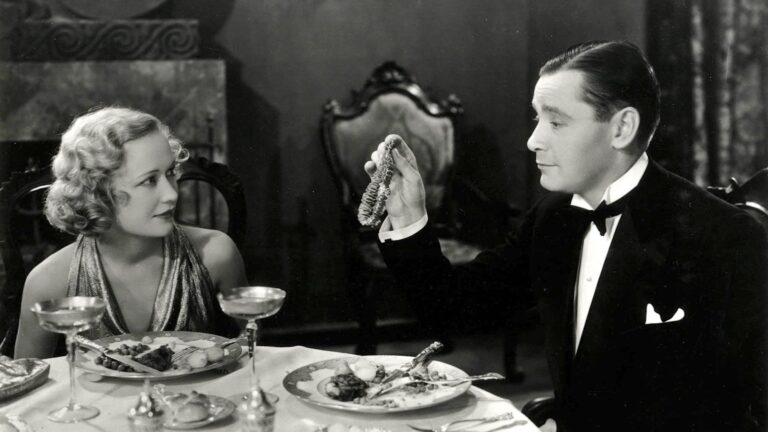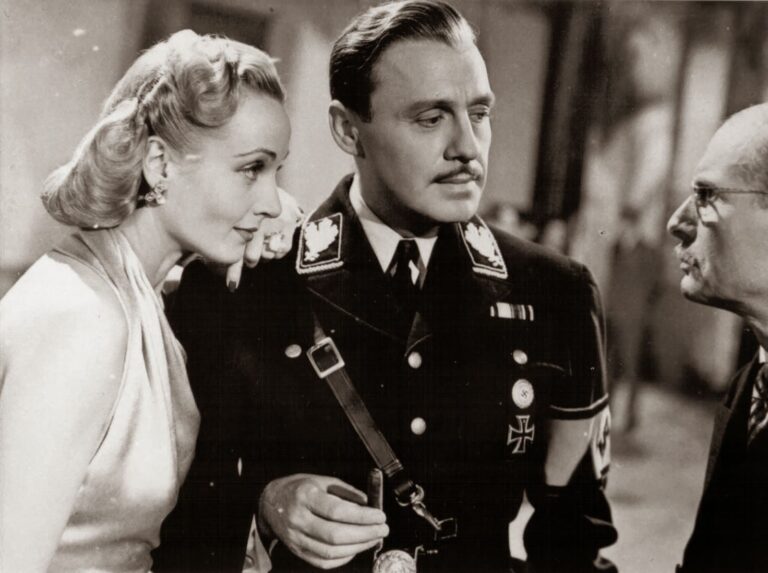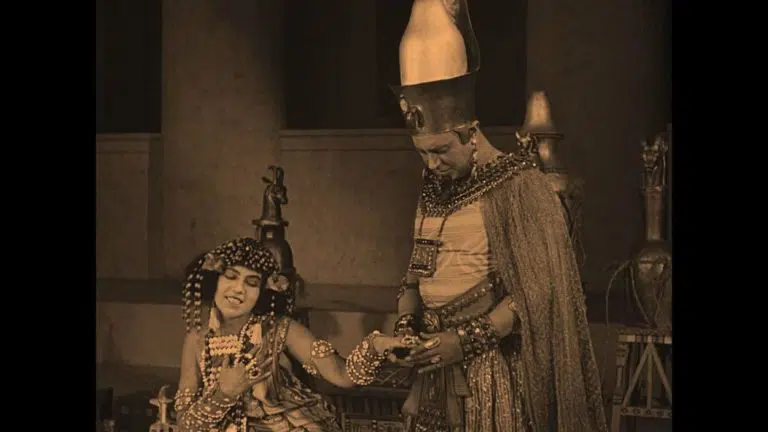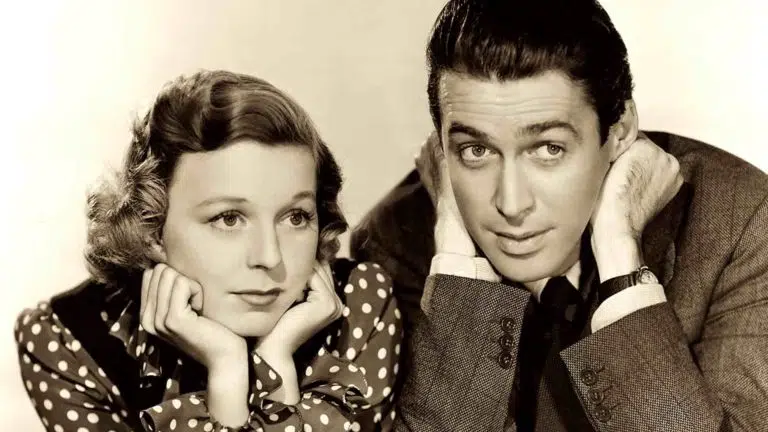Desire
1936’s Desire is the sort of film Hollywood has always excelled at. A bit of this, that and the other – some fun, some jeopardy, some romance – parcelled up beautifully and sold by attractive people who are looking their best. Marlene Dietrich and Gary Cooper in this case. The best bit actually comes at the outset, when Dietrich is playing two men off against each other by telling each man she’s married to the other. On one side a jeweller (Ernest Cossart), from whom she’s trying to steal a priceless string of pearls. On the other a shrink (Alan Mowbray), who is apparently supposed to be buying the pearls though he knows … Read more
